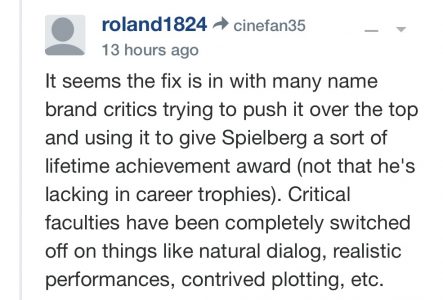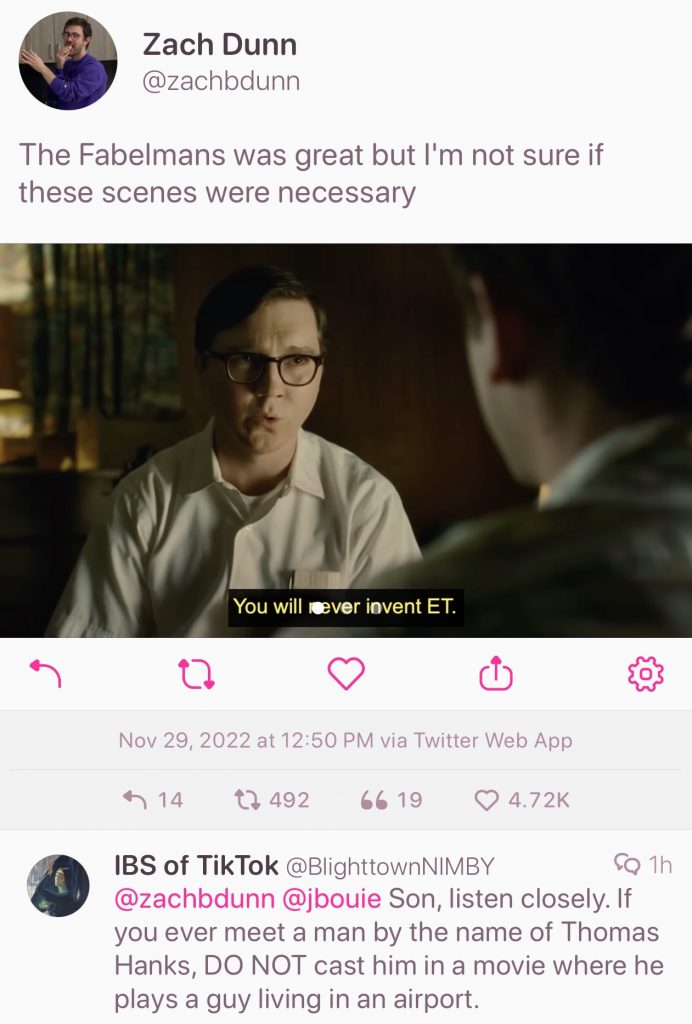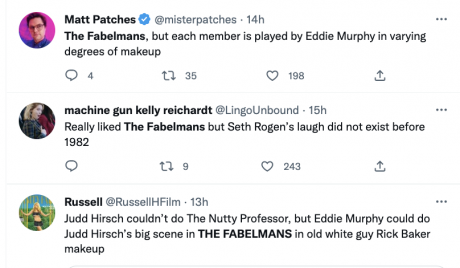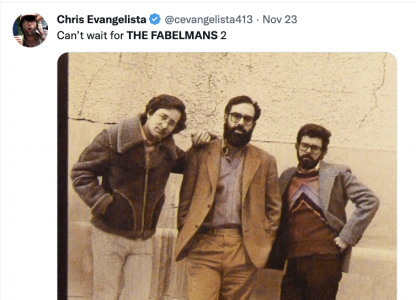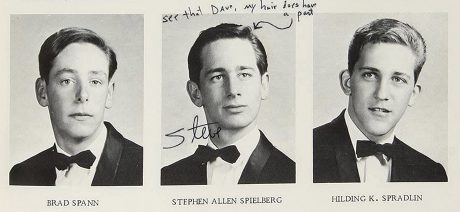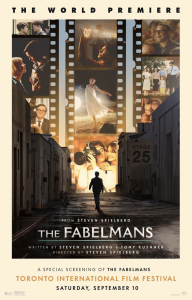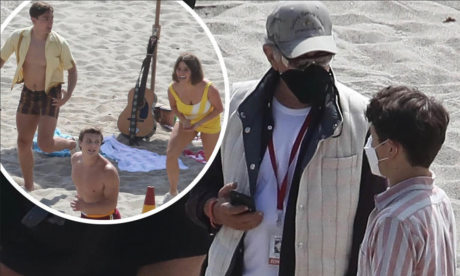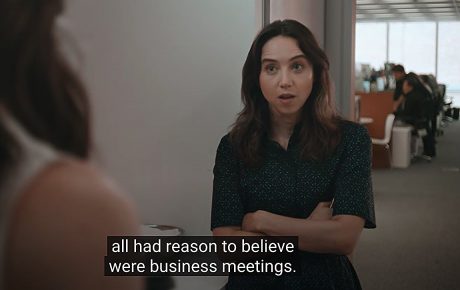The 2022 Sight & Sound poll popped earlier this afternoon, and we all knew what the results would reflect, right? Not so much with films directed by older white guys (especially OWG directors with a somewhat dicey or shady reputation), and up with films directed by women and POCS. And so Chantal Akerman‘s Jeanne Dielman, 23, quai du Commerce, 1080 Bruxel, a 201-minute film about duty, survival, sex working, regimentation and repetition, and which ends with a “john” getting stabbed in the throat with a pair of scissors, was named #1.
In other words, (a) down with the insensitive asshole patriarchy, (b) up with chopped onions carefully mashed into ground beef, and (c) hooray for Delphine Seyrig finally having an orgasm.
In 2012 Jeanne Dielman ranked #36 on the BFI list…fine. But how did it manage to suddenly vault up to the #1 position? Admired films tend to move up gradually, no? It feels to some of us like Dielman won because of an organized campaign among feminist-minded critics. If Dielman had landed in the 10th or 12th spot in the 2012 poll, today’s win would have seemed more of a natural thing. But to go from 36th place a decade ago to #1 in ’22? It seems to me like the fix was in.
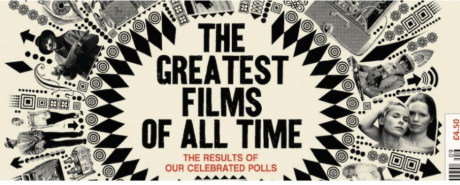
You can’t argue or complain with the BFI critics, who are primarily a bunch of highbrow snoots trying to out-snoot each other.
If you ask me the BFI Directors Greatest Films of All Time list is a lot more grounded and sensible.
So 60th-ranked Moonlight has edged out Casablanca (#61), Goodfellas (#62) and The Third Man (#63). I’ve seen all four, and I’m telling you straight from the shoulder that there’s no way Moonlight deserves, deliberately or haphazardly, to be ranked above the other three…NO WAY ON GOD’S GREEN EARTH.
Alfred Hitchcock‘s Vertigo is now ranked second, and I honestly thought it would take a bigger hit than that. I figured the legend of Hitch having allegedly made Tippi Hedren‘s life hell during the making of The Birds and especially Marnie…okay, let’s drop it, but I’m slightly surprised.
Three indisputably great 20th Century films about conflicted white males dealing with disillusionment and corruption — David Lean’s Lawrence of Arabia (’62), Roman Polanski’s Chinatown (’74) and Sam Peckinpah’s The Wild Bunch (’69) — were booted off the critics’ list of the top 100. Polanski had to pay for his sexual indiscretions of the ’70s and ’80s, I suppose, and Peckinpah had to be banned for his notorious misogyny. But why did the saga of T.E. Lawrence get the shaft? What exactly did Lean or Lawrence do to earn the heave-ho? Was it the old arrogant British imperialism thing, or the fact that women are barely seen and certainly not heard seen in that classic desert epic?
1. “Jeanne Dielman, 23, quai du Commerce, 1080 Bruxel” (Chantal Akerman, 1975)
2. “Vertigo” (Alfred Hitchcock, 1958)
3. “Citizen Kane” (Orson Welles, 1941)
4. “Tokyo Story” (Ozu Yasujiro, 1953)
5. “In the Mood for Love, Wong Kar-wai, 2001)
6. “2001: A Space Odyssey” (Stanley Kubrick, 1968)
7. “Beau travail” (Claire Denis, 1998)
8. “Mulholland Dr.” (David Lynch, 2001)
9. “Man with a Movie Camera” (Dziga Vertov, 1929)
10. “Singin’ in the Rain” (Stanley Donen and Gene Kelly, 1951)


